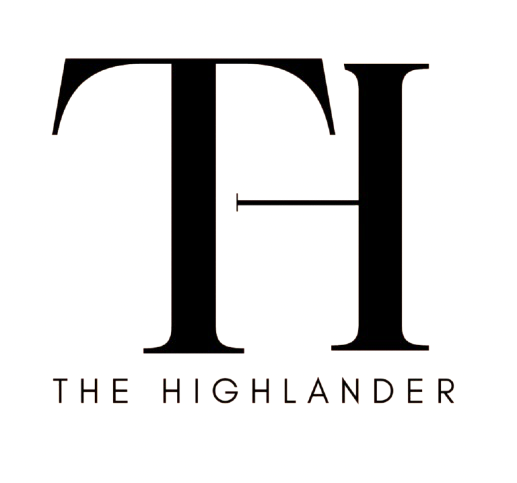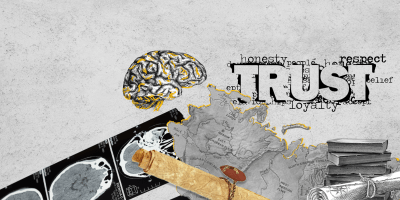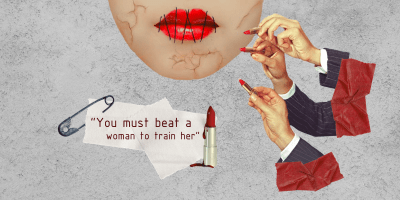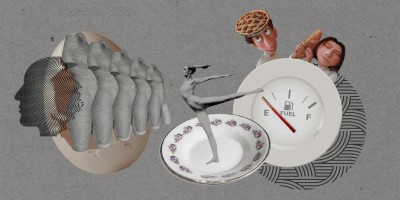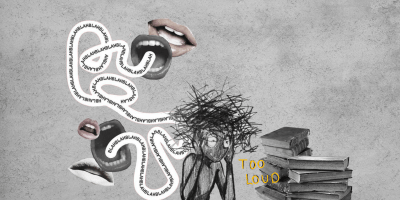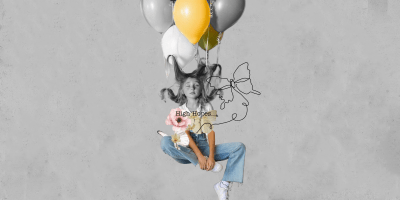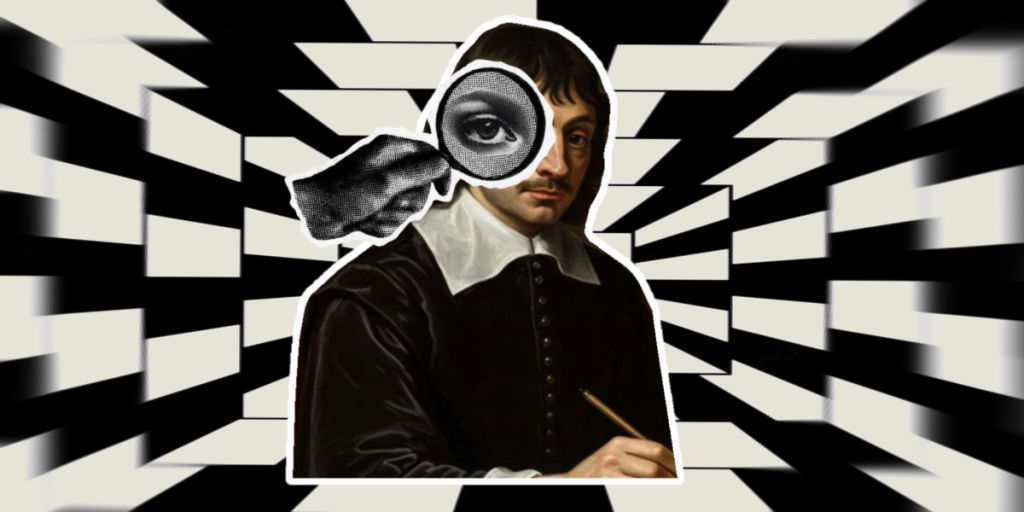
Centuries ago, the renowned philosopher René Descartes warned people that they cannot trust their senses. Thus, your eyes are not seeing what you think they are, and your ears are not hearing what you think they are.
After long discussions in his first and second meditations of the year 1641, he comes to the very conclusion that only reason and the rational mind can be fully trusted, while your senses act as a tool or a bridge towards your reason. Keep in mind that the “senses” bridge must always be questioned. What if the table you see in the room’s corner is not really there at all?
Descartes would have thought. What matters is your presence as a thinking being in that room, regardless of whether that room even existed in the first place.
Philosophy scholar Patterson wrote in 2016 on Descartes’ warning of the deceitfulness of the senses and belief that this deceitfulness of the senses began in childhood, when we are naturally drawn to first-hand appearances and feelings.
That’s why Descartes takes credit for saying reason must always come first.
What first comes to my mind when I ask myself how senses deceive us in our day-to-day lives is through our eyes. Optical illusions are real-world proof of Descartes’ claim on the deception of the senses.
Researcher Henke, in his 2024 review, looked at studies showing how optical illusions fool perception, but surprisingly, not action. The brain uses separate systems to operate: one sees and one acts. What people see can be tricked easily, like mistaking a ghost in the dark when, in reality, it was a jacket thrown on a chair. While movements often respond more accurately to reality, like your body stopping and checking for dangers until you finally realize it’s a jacket.
Try this one yourself and Google “the Müller-Lyer illusion” as a real optical illusion, where two lines of equal length appear different due to the arrows one pointing in and the other pointing out. Now, even when knowing and realizing it as a trick, your eyes still report the wrong length, seeing one always bigger than the other.
Henke concludes that illusions affect perception more than actions. In other words, people still act on what is real in the correct sense, even when their senses are reporting it otherwise.
Levon Babajanyan, an AUA philosophy professor, says that Descartes’ claim of the senses being inherently deceptive is extremely relevant: “Optical illusions are the simplest reminder that what we perceive is not always what is. But the point becomes even more urgent when we consider digital misinformation and manipulated media, in this environment where our “sensory data” often reaches us through technological filters.. These not only exploit the fallibility of our senses but also our trust in them.”
At the same time, Babajanyan said he would not go as far as Descartes’ teachings did in indicating that reason alone provides reliable knowledge: “Our rationality is built on sensory input, and without it, reason has nothing to work with. What we need today, perhaps more than ever, is not a stark opposition between sense and reason, but a critical interplays,” he illustrates.
“Descartes’ relevance today lies in cultivating epistemic virtues: critical thinking, cross-checking sources and awareness of our cognitive and perceptual limits. In this way, reason does not replace the senses, but disciplines them.”
AUA BAB junior Anna Aslibekyan, believes that Descartes’ argument “has become more relevant with the occurrence of AI and misinformation. However, trying to be absolutely rational is not realistic, especially when we are faced with misinformation that can trigger and disturb our emotional state.” Asilbekyan states that , people should prioritize emotional intelligence to experience all the sensory data and at the same time not base decisions solely on it.So, would you trust or not trust the senses?
Dr. Parvizian expanded on Descartes’ points in 2021, connecting doubts about the senses with views on memory. The idea was that memory, like sound and sight, can mislead. “Descartes knew that memory sometimes misleads or deceives us,” Parvizian wrote.
For Descartes, knowledge is not just about what people see and sense. Knowledge is about what people can be able to understand through reason, reflection, and disciplined thought. But can we deny our senses completely? Or question Descartes’ argument continuously?
Should it be: because I sense, I think, therefore I am? What do you think? Or sense?
